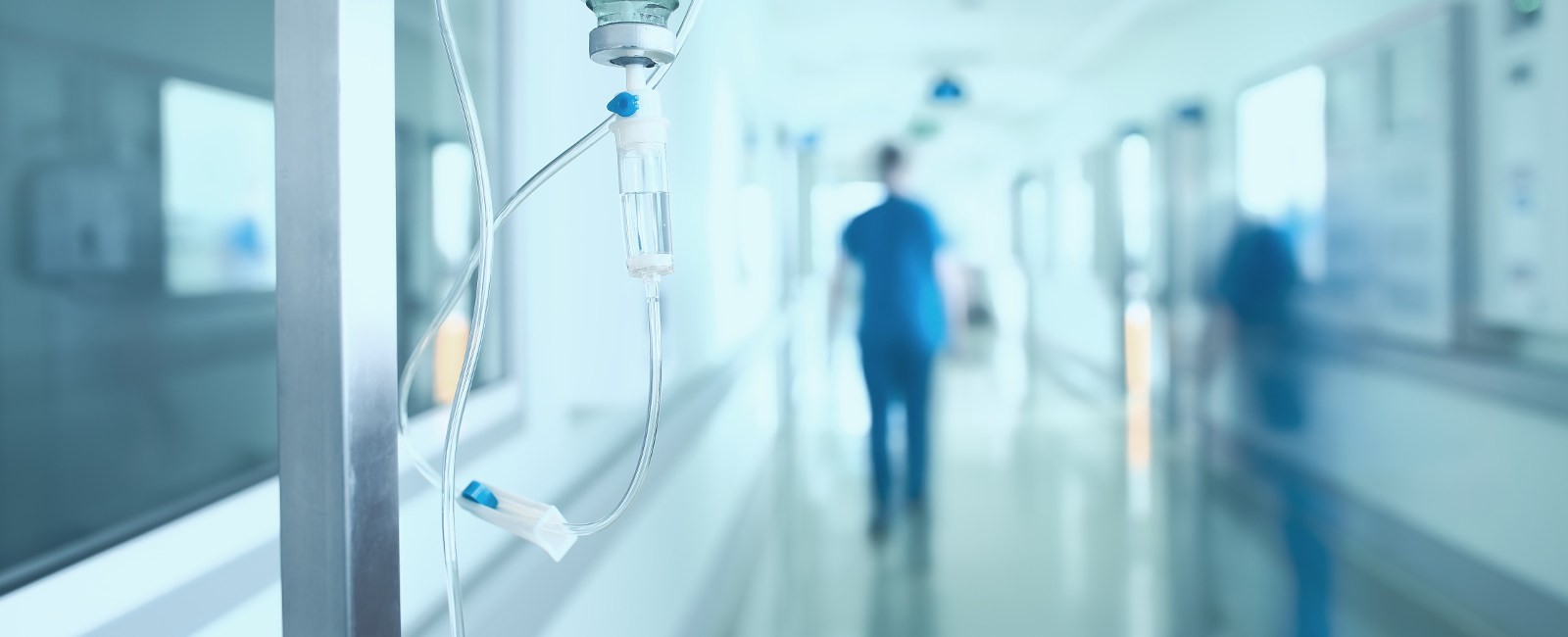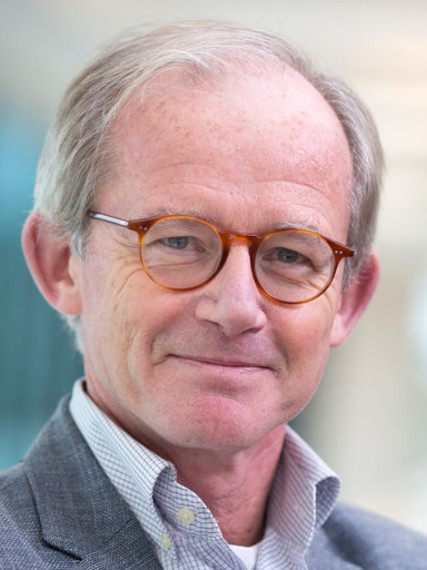Over the past 300 years, population health in Europe has improved enormously, but with important differences between countries. Average life expectancy at birth has doubled, and many diseases that were once common have retreated or have become less fatal. These changes in disease patterns and their risks of death can be characterized as a series of “epidemiological transitions,” starting with the gradual suppression of “crisis mortality” in the 18th and 19th centuries and ending with the still ongoing “cardiovascular revolution” of the second half of the 20th century.
LECTURE
Epidemiologic Transitions in Europe: How Do Spain and Portugal Compare?
Johan Mackenbach
Series Demography Today 2018/2019
06
MAY
2019

LECTURE
Epidemiologic Transitions in Europe: How Do Spain and Portugal Compare?
Johan Mackenbach
Series Demography Today 2018/2019
06 MAY 2019
SYNOPSIS
The timing of these changes, however, has differed importantly between countries. Over the whole period of 300 years, Northern Europe has consistently been ahead of the rest, whereas Eastern Europe has consistently lagged behind, often dramatically so. Interestingly, Southern Europe has switched from being a laggard in terms of population health to being in the vanguard, but while this is very much true for Spain it is not true for Portugal, where improvements in population health until recently occurred much later than elsewhere.
In my presentation I will discuss the explanation for these trends in population health, starting from the assumption that economic development is likely to be one of the main drivers of population health improvement. To what extent are these trends, and the differences between, e.g., Spain and Portugal, a simple reflection of trends and differences in economic development? And to what extent are they a reflection of other factors, such as cultural trends, public health interventions, and political conditions?
SPEAKER

Johan Mackenbach
Professor of Public Health in the Department of Public Health at the Erasmus MC University Medical Center in Rotterdam (Netherlands)
